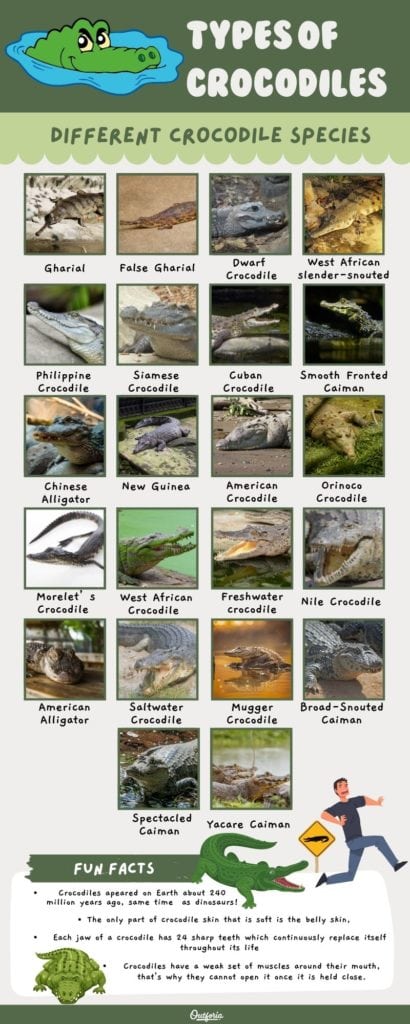Plastic Pollution: Effects and Remedies
Plastic is a versatile and durable material that has many applications in our modern society. However, plastic also poses a serious threat to the environment and human health when it is not properly disposed of or recycled. Plastic pollution is the accumulation of plastic products in the environment that adversely affects wildlife, wildlife habitat, and humans.Effects of Plastic Pollution
Plastic pollution has many negative effects on the environment and living organisms. Some of these effects are:
- Wildlife entanglement and ingestion: Many animals, especially marine animals, get entangled in plastic debris or mistake it for food and ingest it. This can cause injuries, infections, suffocation, starvation, or death. For example, sea turtles often confuse plastic bags for jellyfish and swallow them, which can block their digestive system and cause them to drown. Plastic ingestion can also affect the animals’ reproductive system, hormone levels, and growth.
- Habitat degradation: Plastic pollution can degrade the quality and aesthetics of natural habitats, such as beaches, forests, rivers, and oceans. Plastic debris can alter the physical characteristics of the habitat, such as temperature, light, oxygen, and nutrient levels. Plastic pollution can also introduce harmful chemicals and microorganisms into the habitat, which can affect the biodiversity and ecosystem services.
- Human health risks: Plastic pollution can also pose risks to human health, both directly and indirectly. Direct exposure to plastic debris or chemicals can cause skin irritation, respiratory problems, or infections. Indirect exposure can occur through the consumption of contaminated food or water, or through the inhalation of microplastics in the air. Plastic pollution can also affect human health by contributing to climate change, flooding, and disease transmission.
- Economic costs: Plastic pollution can also have economic impacts on various sectors, such as tourism, fisheries, agriculture, and waste management. Plastic pollution can reduce the attractiveness and value of natural resources, such as beaches, coral reefs, and fish stocks. Plastic pollution can also damage infrastructure, such as pipes, drains, boats, and nets. Plastic pollution can also increase the costs of waste collection, disposal, and recycling.
Remedies for Plastic Pollution
Plastic pollution is a global problem that requires collective action from governments, businesses, civil society, and individuals. Some of the possible remedies for plastic pollution are:
- Single-use plastic bans: Bans and restrictions on single-use plastic products (that directly prohibit their production, distribution or use) are some of the most widely used and successful legal mechanisms by governments. Some of their success has been due to the flexibility of ban legislation in allowing for exemptions for medical products and other necessary use while promoting the use of alternative products like cloth or paper bags.
- Extended producer responsibility: Extended producer responsibility (EPR) is a policy approach that makes producers responsible for the environmental impacts of their products throughout their life cycle, including end-of-life management. EPR can incentivize producers to design more sustainable products that are easy to reuse or recycle, reduce packaging waste, and support collection and recycling systems.
- Consumer awareness and education: Consumer awareness and education are essential to change consumer behavior and preferences towards more sustainable choices. Consumers can reduce their plastic consumption by avoiding unnecessary packaging, choosing reusable or biodegradable products, bringing their own bags or containers when shopping or dining out, and disposing of plastic waste properly.
- Waste management and recycling: Waste management and recycling are key to prevent plastic waste from entering the environment or landfills. Waste management and recycling systems should be improved to ensure adequate collection, sorting, processing, and disposal of plastic waste. Recycling can also reduce the demand for virgin plastic materials and save energy and resources.
Plastic pollution is a serious environmental issue that affects all living beings on Earth. It is important to take action now to reduce plastic consumption, increase plastic recycling, and find alternative solutions to plastic products. By doing so, we can protect our planet and ourselves from the harmful effects of plastic pollution.
REFERENCES
(1) 4 Ways to Reduce Plastic Pollution | World Resources Institute. https://www.wri.org/insights/4-ways-reduce-plastic-pollution.
(2) Plastic Pollution Solutions - 10 Ways to Reduce Plastic Pollution - NRDC. https://www.nrdc.org/stories/10-ways-reduce-plastic-pollution.
(3) Plastic pollution | Definition, Sources, Effects, Solutions, & Facts. https://www.britannica.com/science/plastic-pollution.

.jpeg)







No comments:
Post a Comment